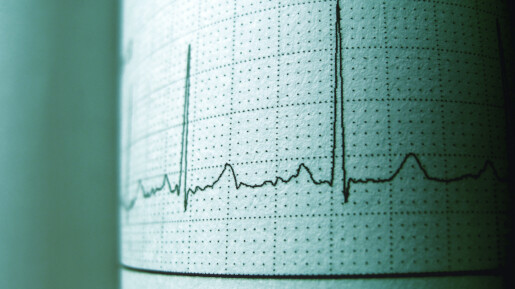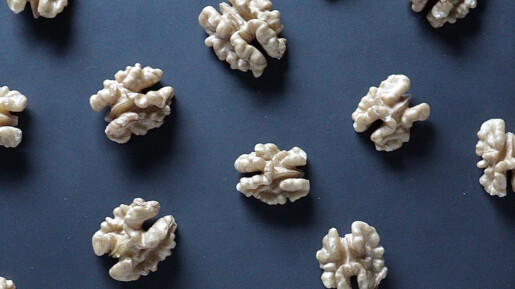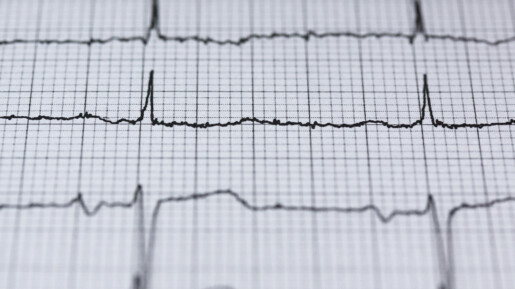Different types of atrial fibrillation
There are three different types of atrial fibrillation: Seizure (paroxystic), Constant (persistent) and Chronic (permanent) atrial fibrillation
Symptoms of Atrial Fibrillation
symptoms of atrial fibrillation vary from patient to patient. Some are so mild that patients are unaware that they have atrial fibrillation.
What Are The Symptoms Of A Blood Clot In The Brain
The symptoms of a blood clot in the brain can often come and go from one second to the next – this makes it important to react quickly!
Decreased pumping power in the heart, or Heart failure
Can atrial fibrillation cause heart failure? Atrial fibrillation can cause heart failure and conversely, heart failure can also lead to afib.
Increased metabolism (hyperthyreoidism)
Increased metabolism, too much metabolic hormone is produced in the “thyroid gland”. An increased metabolism can cause atrial fibrillation.
Diabetes and atrial fibrillation
People with both diabetes and atrial fibrillation are at greater risk for blood clot complications for their atrial fibrillation
Chronic obstructive pulmonary disease – “COPD”
The most common chronic lung disease “COPD” often causes increased pressure in the pulmonary circulation. And can therefore strain the heart.
Exercise and atrial fibrillation
There are many studies that have shown a “U-shaped” connection between the level of sports activity and the risk of atrial fibrillation.
What Is An Atrial Flutter?
An atrial flutter is a type of cardiac arrhythmia that often occurs in individuals who are also suffering from atrial fibrillation.
How To Live Better With Atrial Fibrillation
This article will cover the primary known factors statistically proven to increase the risk of causing episodes of atrial fibrillation.









